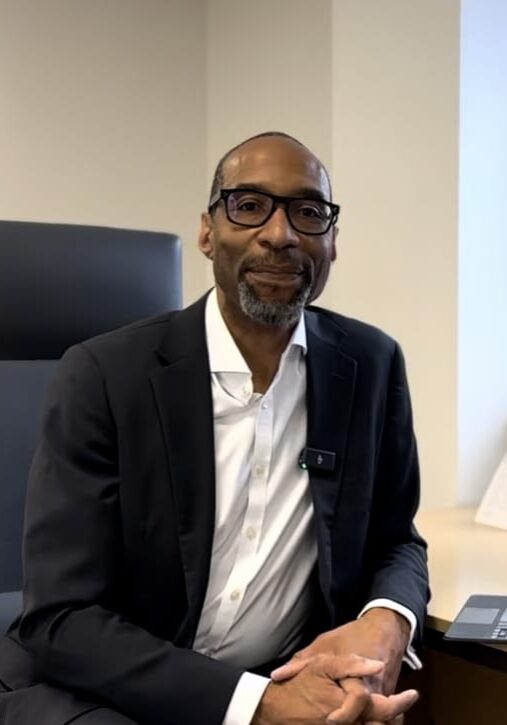Facial Reanimation
Facial Reanimation
This procedure was developed by Dr. Daniel Labbé in France and is relatively new to the UK. Also known as the Lengthening Temporalis Myoplasty - as the temporalis muscle (a fan-shaped muscle on the temple) is used. The aim of the surgery is to improve facial symmetry both at rest and when smiling by lengthening and transferring a muscle that usually moves the jawbone.
Why You Might Need Facial Reanimation
If the patient has flaccid paralysis and finds it difficult to smile, as well as other expressions, facial reanimation by the Labbe Technique should be considered. Those with facial palsy, with one affected side, are suitable candidates for the surgery in search of facial symmetry.
What Does Facial Denomination By The Labbe Technique Involve?
The operation involves a scar over the top of your head which is usually hidden by your hair. There is also a scar in line with the crease between the lower corner of the nose and the corner of the mouth.
The temporalis muscle on the side of the head which controls the movement of the jawbone is lengthened and transferred, via a segment of cheekbone which is temporarily detached and replaced.
Recovery After Surgery
There may be some pain initially after surgery. Any pain will usually be well controlled with painkillers. Different parts of your body heal at different rates, and you may require painkillers on discharge until you feel comfortable.
Swelling of your face will be bruised and tender, particularly on the paralysed side and around the lip. Much of the swelling will have gone down two weeks after surgery, although swelling can last for up to six weeks.
Chewing may feel a little uncomfortable for the first couple of weeks, so a soft diet is recommended. Once all of the drains have been removed, you will usually be able to wash your hair and return home.
Consultants that perform this procedure
Find out more about the McIndoe Centre
We provide outstanding patient experiences
As a nationally recognised hospital of excellence in plastic, reconstructive, ophthalmic and maxillofacial surgery, we have demonstrated ourselves to be: effective, responsive, caring, safe and well-led. Recently rated ‘good’ by the CQC, we are committed to treating our patients and each other with kindness, respect and dignity resulting in life-changing outcomes.
Patient testimonials
Find out what it’s like to be a patient, from the people who matter the most.










